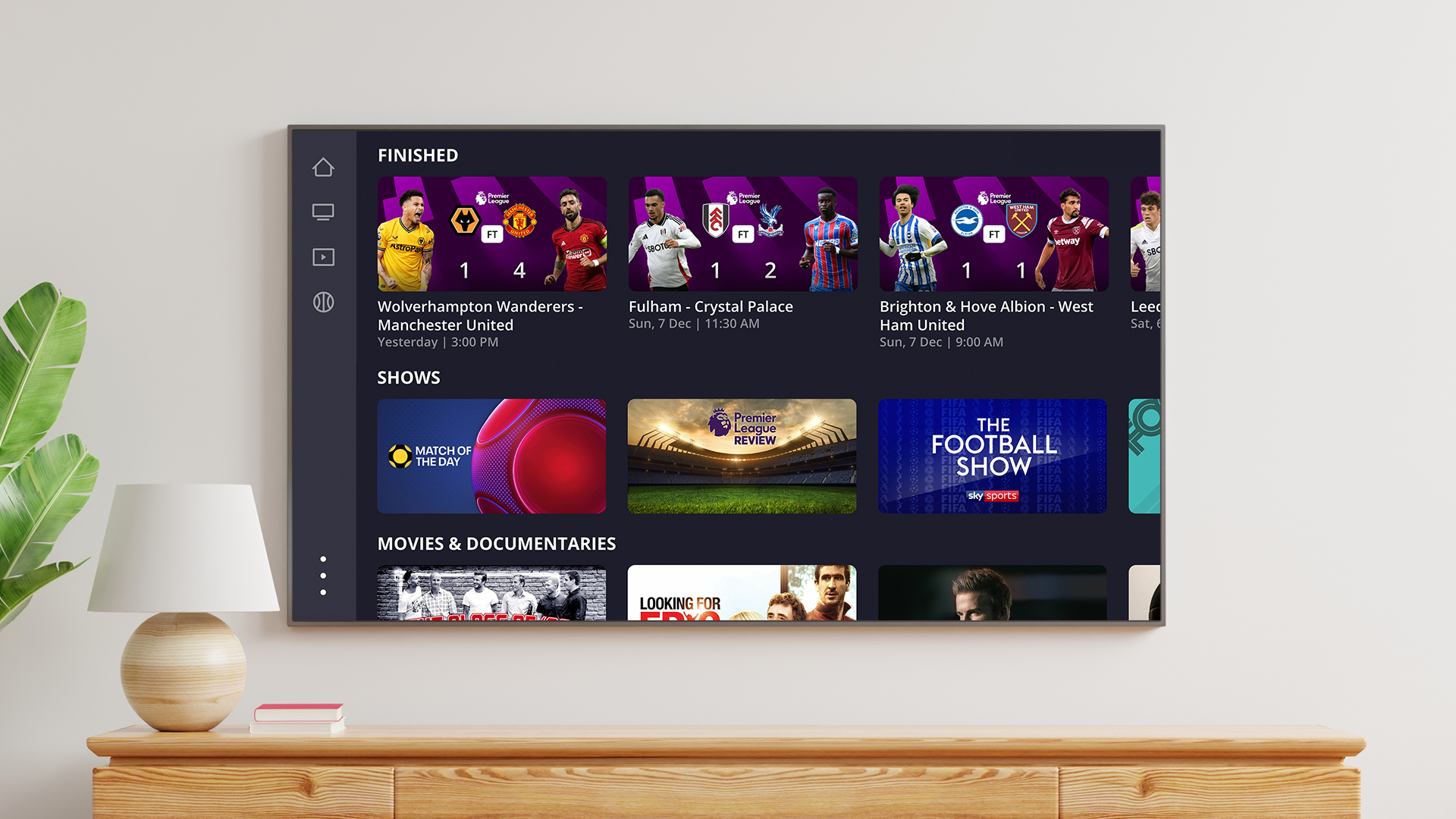FCC’s McDowell optimistic of unanimous vote on white space issue
Not since the battle over media ownership rules has an issue been as contentious as white space. Now, on Tuesday — Election Day — unless the issue is withdrawn at the last minute from the FCC’s meeting agenda, the commission will finally vote on the white space issue.
Republican FCC commissioner Robert McDowell told Reuters last week he is “very optimistic” that the commission will vote in favor of allowing unlicensed white space frequencies to be used for wireless Internet access across the United States. He believes the vote among FCC commissioners could be unanimous, creating a quick path to approving the technology for real-world use.
“I think this could be a 5-to-0 vote,” McDowell told Reuters.
That would be a bitter defeat for broadcasters and wireless microphone users, who have lobbied vigorously against the use of unlicensed devices on grounds they will interfere with existing signals. However, the use of white spaces — the unused frequencies between primary slices of wireless spectrum — has gained support from Microsoft and Google, both of whom argue that having a freely available long-range network standard is necessary to spreading high-speed Internet access.
An FCC report, to the chagrin of broadcasters, found no significant chance exists of white space Internet devices disrupting nearby broadcasts. Last week, FCC chairman Kevin Martin told the House Committee on Energy and Commerce chairman John Dingell, D-MI, that the FCC’s tests on white spaces devices were “well done and thorough.”
McDowell told Reuters that any computer running on a white space network would need to be FCC-approved before it could go to market, preventing rogue devices from creating problems.
Unconvinced, the broadcasters have requested the FCC open the debate to public comment before the vote. So far, the FCC has ignored the request. That, of course, could change at the last minute.
The professional video industry's #1 source for news, trends and product and tech information. Sign up below.
In addition to the broadcasters, opponents to the white spaces issue include more than 100 musicians — mainly on grounds of potential interference to the wireless microphones they use. Those who have petitioned the FCC include Dolly Parton, Guns N’ Roses, The Bangles, Michael Bolton, Clay Aiken, Don Henley, Peter Frampton, Bonnie Raitt, Michael Feinstein, the Eagles, Neil Diamond, the Dixie Chicks, Julianne Hough, David Archuleta, and Brooks & Dunne.
